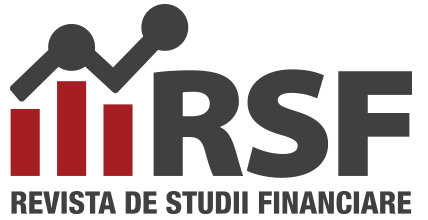Authors: Adelina-Andreea Siriteanu, Erika-Maria Doacă
Vol. 8 • No. 14 • May 2023
Abstract
In general, sustainable economic growth is highly dependent on technological progress, managerial knowledge, and money supply in the economy. Globally, the COVID-19 pandemic has caused structural shocks to economic systems by increasing high economic uncertainty. For this reason, policymakers are exploring alternative measures to stimulate economic growth. And among these alternative measures we also find foreign direct investment, which represents an instrument widely used worldwide. There is a trend among foreign investors that they increasingly focus on the quality of institutions, especially on FDI policies in domestic countries. For this reason, governments of developing countries are increasingly adopting soft policies to attract FDI. Generally, the policies provide substantial taxation provisions. Thus, by stimulating foreign direct investment in global economic operations, short- and long-term growth is achieved. The beneficial effects of FDI are given by their unprecedented impact on achieving sustainability worldwide. The motivation of this study is to scale the effects of environmental quality and good governance on FDI inflows in European Union member countries for the period 2002-2021. We used the estimation of autoregressive distributed lag and error correction models to investigate the association and elasticity of explanatory variables on FDI inflows in EU member countries. Thus, as independent variables we use CO2 emissions from solid fuel consumption and the sum of exports and imports of goods and services. Environmental degradation comes from the depletion of resources by human activity, and ultimately this leads to increased costs and depletion of capital. As a result, environmental quality is crucial to the health of both people and businesses. In the recent economic booms, international trade needs serious attention to form new policies to invite more foreign investors. And as control variables we introduce Government effectiveness index and Gross capital formation. We introduce these variables because it is believed that weak institutional capacity can have a negative impact on economies. The study results suggest that government efficiency and a less regulated environmentally concerned economy drive capital transfer decisions.
Keywords: FDI, CO2 emissions, government effectiveness, ARDL model.
JEL Classification: F18, O13, O16.
DOI: 10.55654/JFS.2023.8.14.12
